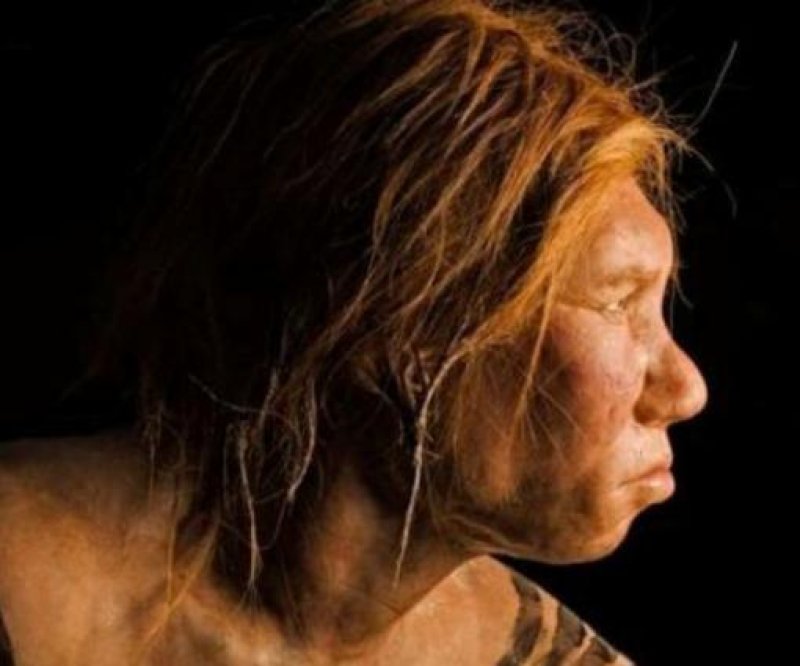The Neanderthal genome included harmful mutations that made the hominids around 40% less reproductively fit than modern humans, according to estimates….
Non-African humans inherited some of this genetic burden when they interbred with Neanderthals, though much of it has been lost over time.
The results suggest that these harmful gene variants continue to reduce the fitness of some populations today. The study also has implications for management of endangered species.
…
Previous studies of DNA extracted from Neanderthal remains revealed that these Eurasian hominids were much more inbred and less genetically diverse than modern humans.
…
In small populations, like the Neanderthals’, natural selection is less effective and chance has an outsized influence.
This allows weakly harmful mutations to persist, rather than being weeded out over the generations.
…
Although most of the harmful mutations bequeathed by our Neanderthal ancestors would have been lost within a few generations, a small fraction likely persists in people today.
Harris and Nielsen estimate that non-Africans may have historically had approximately 1% lower reproductive fitness due to their Neanderthal heritage.
The GLP aggregated and excerpted this blog/article to reflect the diversity of news, opinion, and analysis. Read full, original post: Non-African humans have lower fitness thanks to Neanderthal gene mutations































